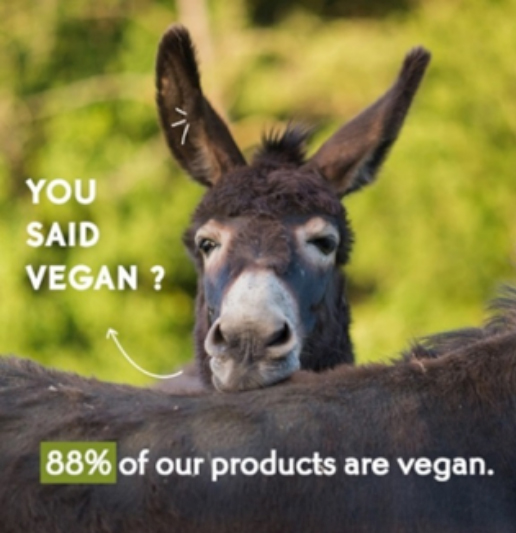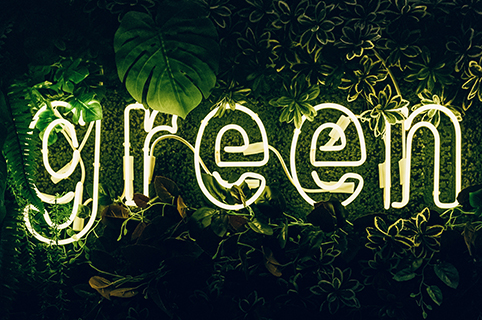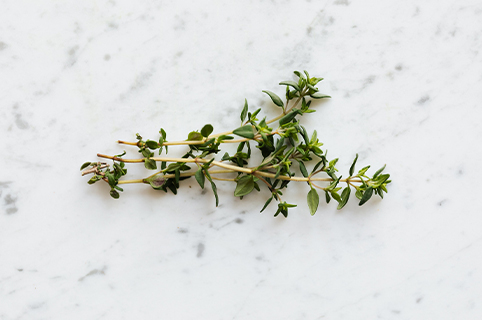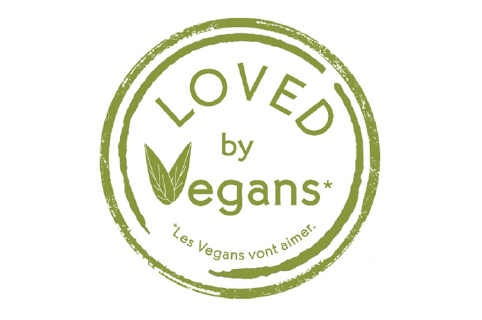A general guide to vegan cosmetics

Have you heard about vegan cosmetics but weren’t sure what it meant? Vegan, vegetarian…feeling a bit confused? Not to worry, we’ll explain everything!
First, did you know that Yves Rocher products are 100% vegetarian and 88% vegan?! You didn’t? Well, now you do! OK, but what exactly does vegan and vegetarian mean?
What does it mean to be vegan?
It means following a diet called veganism that does not contain animal products or animal by-products (dairy, eggs, and even honey) coupled with a belief against animal cruelty. Veganism is an actual lifestyle that reflects ethical choices made in daily life and involves a range of industries like cosmetics and fashion.
To recap, being vegan means both following a vegan diet AND living a lifestyle that reflects the same values. For example, not buying leather or wool, not using cosmetics containing animal-derived ingredients like keratin or collagen, etc.
How is it different from vegetarianism?
Vegetarians do not consume any animal-based ingredients or foods like meat or fish. But they do consume or use animal by-products like honey, eggs and beeswax.
What about Yves Rocher products?
100% vegetarian and 88% vegan
Yves Rocher is a 100% vegetarian brand, which means our products do not contain any ingredients derived from animals. But that’s not all because 88% of our products are vegan! The only animal by-product that we use in our formulas is beeswax. It is mostly used in our stick products, like lip balm and lipstick, and our mascaras…
… Let’s take cochineal carmine as an example.
We ban the use of a pigment commonly used in the cosmetics industry for eyeshadow, lipstick, nail polish, etc. called cochineal carmine. It is derived from a small insect that produces carmine-colored carminic acid to protect itself from predators. That’s also why you won’t find that popular carmine color in Yves Rocher’s beauty products simply because we cannot replicate it!
What about animal testing?
We stopped testing finished products on animals in 1989.
We do not test on animals and never endorse animal testing in our finished products. And it’s not a new thing: the brand actually began fighting animal testing very early on. In 1989, we were one of the first European companies in the cosmetics industry to stop testing our finished products on animals and to replace the tests with alternative methods. In 1992, we won the Gold Medal from the SPA (Society for the Protection of Animals in France) for this initiative.


